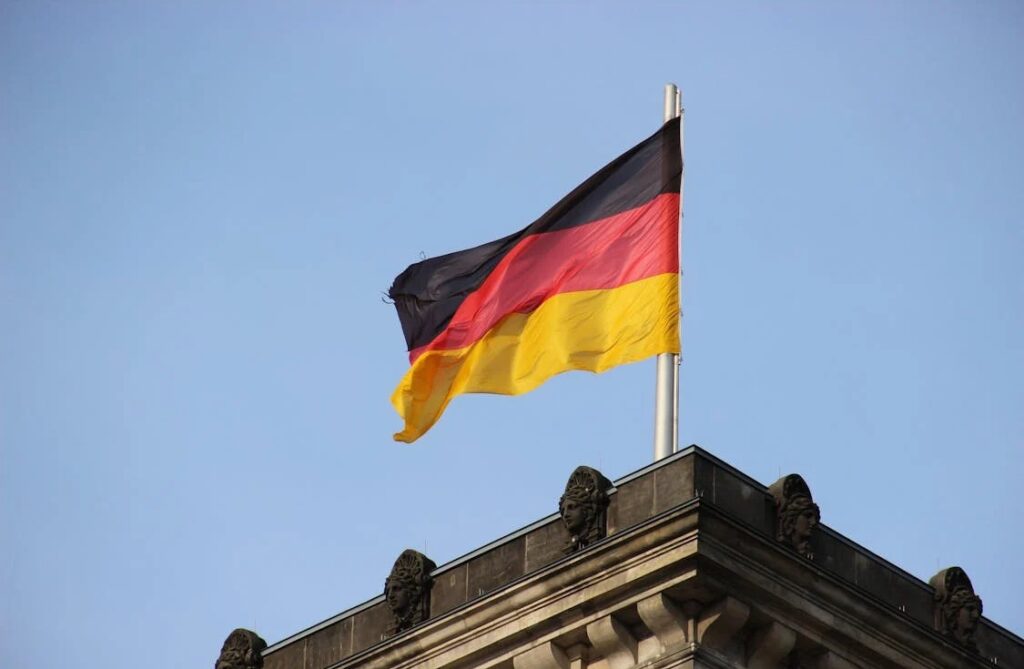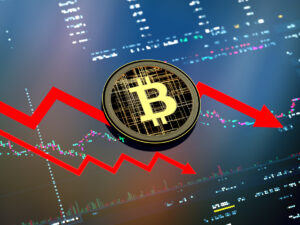Is Germany Leading the Way in Establishing a New Standard for Digital Currency with Bitcoin?

German policymakers are intensifying their efforts to integrate blockchain and Bitcoin into the country’s financial system. In a recent Blockchain Roundtable organized by Fraktion der Freien Demokraten and Frank Schäffler, parliament members and experts discussed key proposals to help the government achieve its goal.
The roundtable discussion held in the German Parliament drew the attendance of important German policymakers, including former Finance Minister Christian Lindner and Circle executive Patrick Hansen.
Germany’s Bitcoin Initiative: Lindner Recommends The Next Steps
Former Finance Minister Christian Lindner, a guest at the Blockchain Roundtable, outlined potential next steps for the German government to accelerate its involvement in blockchain and Bitcoin.
Blockchain Roundtable in the German Parliament
Former Finance Minister @c_lindner outlined three potential next steps for Germany/EU to compete in this space:



— Patrick Hansen (@paddi_hansen) January 10, 2025
Lindner suggested three ways for the government to compete in this sector. First, it can issue bonds on the blockchain. Second, it can initiate discussions on establishing a German Bitcoin reserve. If implemented, Germany can follow other countries actively pursuing Bitcoin as a reserve currency.
Third, it can permit Bitcoin ETFs in the European Union, which currently only allows ETCs/ETNs. Approving spot Bitcoin ETF trading will offer retail investors a convenient way to invest in institutional-grade, highly regulated investment options, thus fostering blockchain adoption in the region.
BTC is now trading at $94,565. Chart: TradingView
Germany Reeling From Its Bitcoin Loss In 2024?
Interestingly, the German government controlled 50,000 Bitcoins in the previous year. In January 2024, these Bitcoins were confiscated from the website Movie.2k.com for operating pirated movies. Approximately 50,000 Bitcoins were seized during the operations and were sold from June 19th to July 12th last year at $53,000 per Bitcoin. These sales generated over $2.8 billion for the German government.
However, some were not pleased with the outcome when Bitcoin’s price surged shortly after the sales. After the transactions, Bitcoin spiked to $88,000, and by the time the United States re-elected Donald Trump for his second term, Bitcoin had surpassed $100k.
Market observers note that Bitcoin rapidly exceeded $100k in just a few months, emphasizing the impact of Germany’s early sales and highlighting the necessity of a clear Bitcoin policy.
Germany’s Renewed Interest On Bitcoin
With Bitcoin above $90k and a pro-Bitcoin Trump in power in the US, many expect positive developments for blockchain and digital assets. German policymakers are making progress by revisiting talks on a Bitcoin program to catch up with the sector. Lindner addressed the Bundestag last December, reflecting on the country’s “missed opportunity” in Bitcoin. He also mentioned the US’s readiness to enact its Bitcoin policies under the Trump administration.
Featured image from Pexels, chart from TradingView
Source link
#Germanys #Bitcoin #Push #Set #Standard #Digital #Currency






